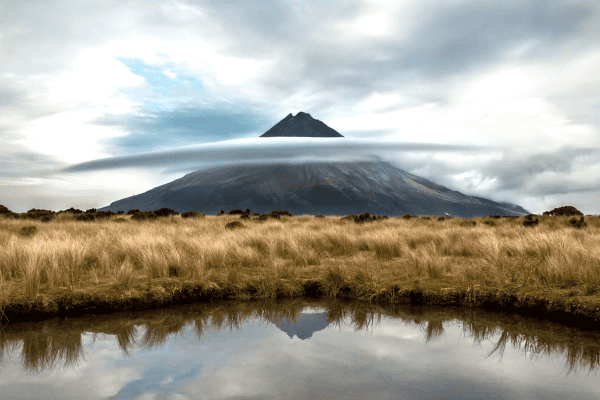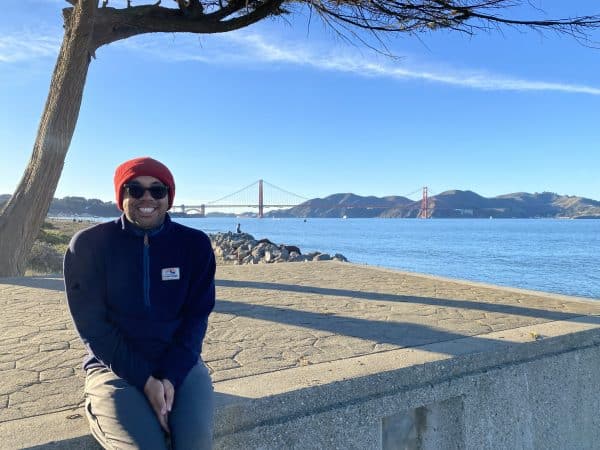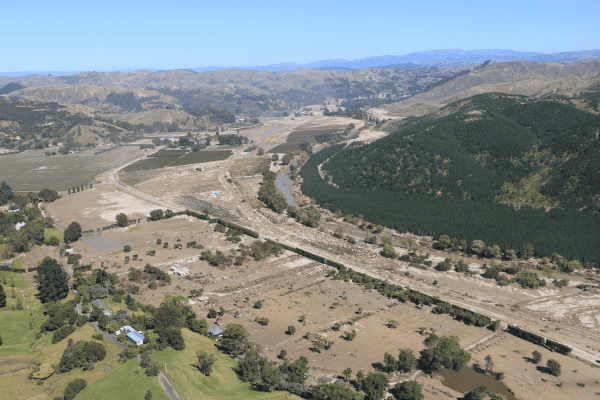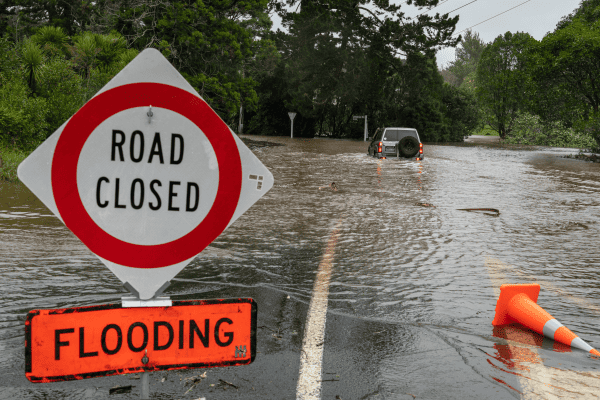Hawke’s Bay coastal survey 2017
23/05/2018
What do you like most about New Zealand’s coastlines? Is it their untouched beauty or that they give you easy access to the beach? We need to understand how New Zealanders feel about our coasts in order to make the best resilience and planning decisions around them. We also need to have insight into how the general public think coastal hazards should be managed. Do you think we should be doing something about sea level rise and tsunami risk? Who should be responsible for driving the changes that would need to be made? Understanding perceptions and values are integral to notions of resilience and coastal planning, yet these social factors are challenging to manage.
The survey
Social scientists from the Resilience Challenge’s Living at the Edge programme wanted to find out how the Hawke’s Bay community felt about their region’s coast and its future. So in April 2017 they conducted a survey of the Hawke’s Bay public about their coast, coastal hazards and adaptation options. The 24 question survey was circulated in Napier and Hastings either in paper form or via the internet. A total of 337 people filled it out, most of them having never participated in public processes regarding coastal management.
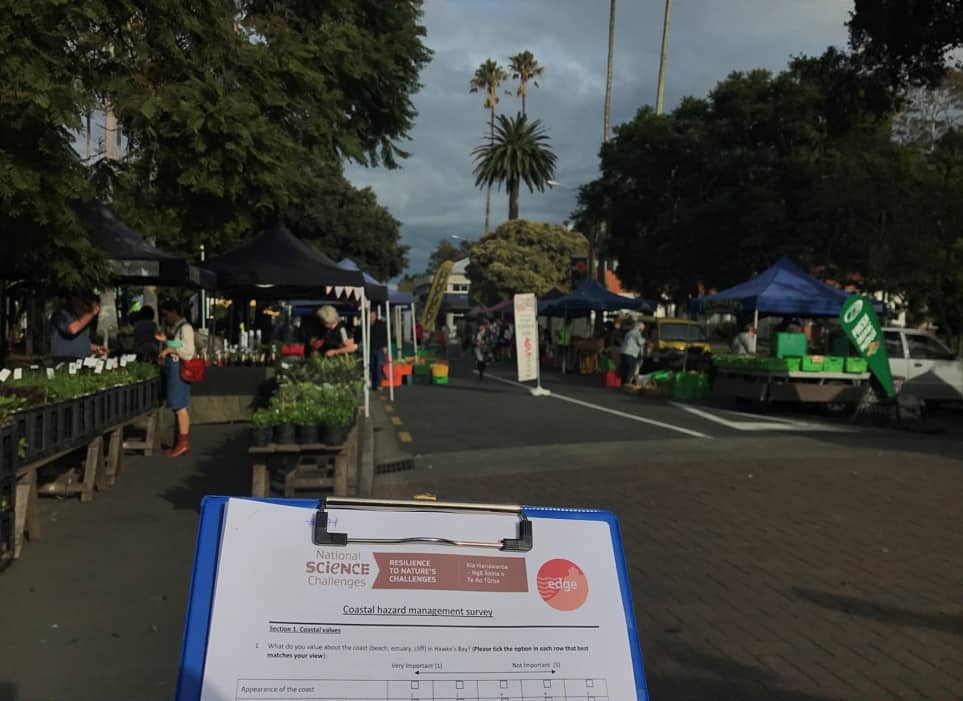
What they found
The survey revealed that most people have similar values when it comes to the coast. The things about the coast that people considered to bevery importantwere: undeveloped coastal character, coastal appearance, scenic seascapes, and easy access onto the coast. When asked about risks around our coasts, 69% of respondents thought that changes in coastal hazard impacts due to climate change were already happening, and 81% thought that solutions to coastal hazards were required as soon as possible. When asked about various management options for addressing coastal hazard risk, virtually no-one wanted to do nothing (4%), while 54% of respondents believed a mixture of options (varying from seawalls and groynes to dune restoration and beach renourishment) over time would be suitable. Most respondents thought that local/regional/district councils and central government should take primary responsibility for implementing coastal adaptation options. Interestingly, preferences for funding mechanisms of coastal adaptation options varied according to where survey respondents lived (e.g. on the coast, within 5 km of the coast or further inland). Coastal inhabitants preferred funding to come from the local government, while those based 5-10 km from the coastline largely thought funding should come from the private property owners themselves. However, generally respondents believed coastal adaptation options should be funded at a local council level via rates targeted to general Hawke’s Bay region ratepayers or at the central government level.
What this means going forward
There is no doubt that kiwis love the coast. Many of our towns and communities are based in coastal areas as we are drawn to their natural beauty. But these picturesque areas are under increasing threat from natural hazards exacerbated by climate change, and it is important that we take public opinion into account as we go forward with researching and developing adaptation and resilience options.
Results from the Edge team’s survey support the notion that New Zealanders value their coasts, and particularly appreciate being able to access them in their natural state. It also showed that Hawke’s Bay residents are aware of the risks that coastal areas face, and are fairly unanimous in their opinion that something should be done to protect them. Over half of those surveyed favoured a mixed-method approach involving a variety of adaptation options, funded by local councils and central government. These insights will prove invaluable as we go into the next phase of research into coastal resilience actions for the Hawke’s Bay, and will ensure that researchers and stakeholders have an understanding and awareness of how the people of Hawke’s Bay feel about hazard management on their coasts.
